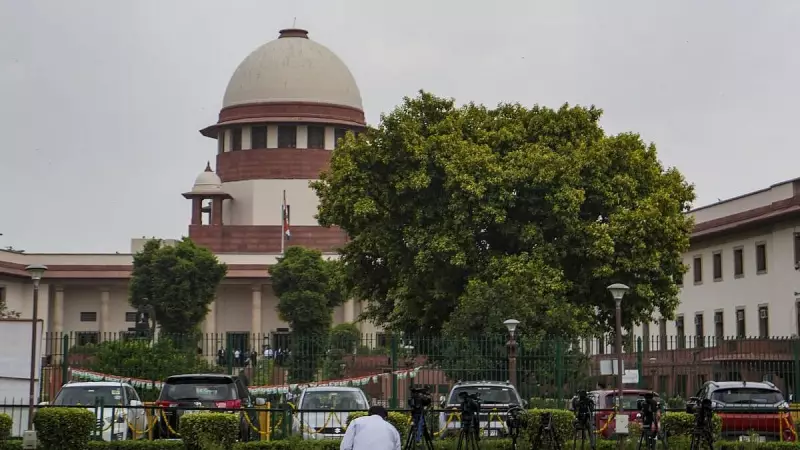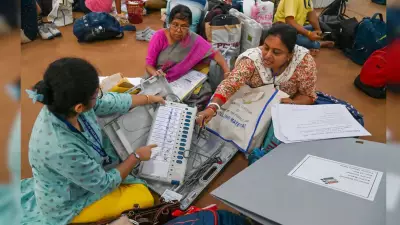
Supreme Court Takes Crucial Step in Anticipatory Bail Matter
In a significant legal development, the Supreme Court of India has referred an important question regarding anticipatory bail procedures to a three-judge bench. The court is examining whether accused individuals can directly approach High Courts for pre-arrest bail without first seeking relief from lower courts.
Legal Framework Under Scrutiny
The matter, which has substantial implications for India's criminal justice system, involves interpreting the provisions for anticipatory bail under Section 438 of the Code of Criminal Procedure. The court had earlier appointed senior advocate Sidharth Luthra as an amicus curiae to assist in this important legal question.
The decision to constitute a larger bench indicates the complexity and constitutional significance of the issue at hand. Typically, anticipatory bail applications are first filed in sessions courts or magistrate courts, with High Courts being approached only if relief is denied at these lower levels.
Broader Implications for Legal Process
This examination could potentially reshape how anticipatory bail applications are processed across India. If the court rules in favor of direct access to High Courts, it would represent a significant shift in criminal procedure and potentially reduce delays in securing pre-arrest protection.
The development, dated November 12, 2025, marks another step in the Supreme Court's ongoing efforts to streamline judicial processes and ensure efficient access to justice. Legal experts are closely watching this case as it could establish important precedents for bail jurisprudence in the country.
The three-judge bench will now examine various aspects of the matter, including constitutional provisions, existing legal frameworks, and practical considerations affecting both accused persons and the judicial system.





